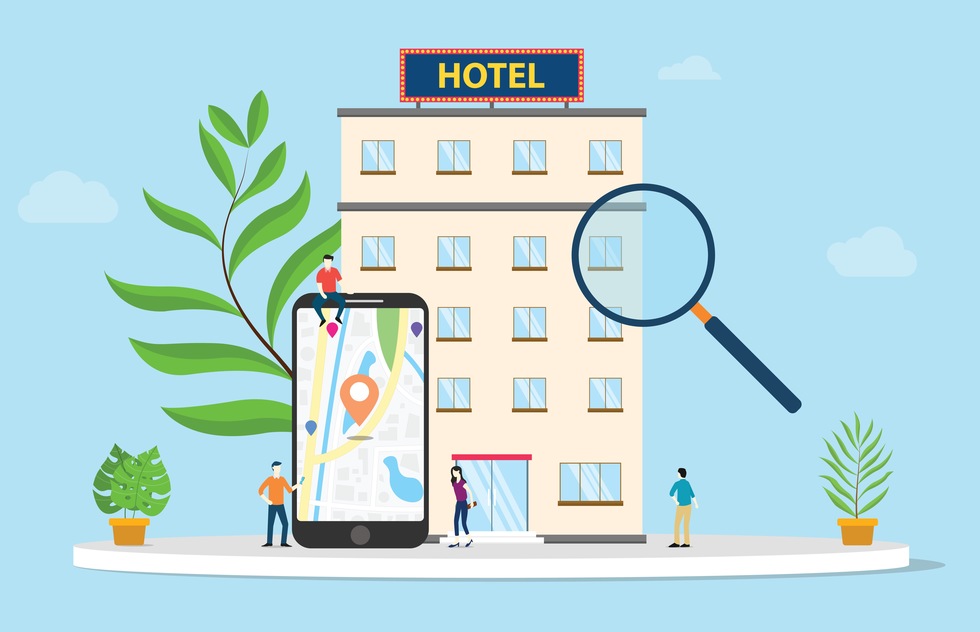You must read this before start your travel !

You know you're ready to hit the road and see the world, but you need a little help getting out the door. With some thought and careful planning, you can be headed for adventure sooner than you think. Start planning your escape!
This article discusses the following info :
- Determine how much money you can spend on a trip
- Figure out how long you will be gone.
- Choose when to go.
- Decide what kind of trip you want this to be.
1
Determine how much money you can spend on a trip
You don't need to be rich to travel, but knowing how much money you have available will likely shape all other aspects of your trip.
If things are tight, you may decide to delay your trip until you can save more money. Where you go, how you get there, where you stay may all rely on how much you have to spend.
- Remember that in addition to any travel expenses, you still have to pay rent and bills at home. Make sure you have enough to cover these essentials before you spend money traveling.
- Be savvy and cut out small, unnecessary purchases where you can. Eating in, avoiding ATM fees and skipping the $4 lattes are all quick, easy changes you can make to save extra cash for traveling.
- If you can't afford to jet to a distant location but you're itching to explore, research where you can go that is within a day's drive of home. Search for national parks, weird roadside attractions, or even look at a travel guide for your area. If you don't have wheels you can rent a car or take a bus to get away for the day.
2
Figure out how long you will be gone.
If you are working, check how much vacation time you have saved up. Check your calendar for any important dates that might conflict with your travel plans--you might need to push your trip back a few days so you don't miss your grandpa's 100th birthday.
- Don't forget to factor in travel time--if you only have a long weekend, it might be best to stick relatively close to home. You can determine the percentage of your vacation you will spend traveling by dividing the total number of hours you spend on the road by the total number of hours you plan to spend at your destination
3
Choose when to go.
Find out the high, low, and shoulder season for tourists at your destination by looking at their tourist bureau online.
When you travel may also impact the cost of your ticket. If you're not choosy about dates, you can plan your trip around the lowest fares.
- High season is when there are the biggest crowds, the best weather, attractions selling out, and the highest prices.
- Low season usually means great deals, fewer tourists, the possibility of terrible weather, and the risk of some attractions being closed. You may also find that locals are a little more welcoming.
- Shoulder season is considered the best time to travel. You get the best of both worlds--you will miss the crowds, snag the good deals, and still have good weather. Book right before or right after high season to take advantage of shoulder season.
4
Decide what kind of trip you want this to be.
Ask yourself what you'd like to get out of your time away. If you need a break from your hectic schedule, consider planning a relaxing beach vacation.
If you are going crazy with boredom, look into an adventure vacation white-water rafting, zip lining, or rock climbing.
Become one with nature by visiting a national park, or gain new perspective by visiting a country halfway across the globe.
- Many travel websites will include inspiration and ideas for different types of trips: family, ecotourism, road trips, and more. Try a website like Triptuner that will give you suggestions based on your preferences.
- Ask friends and family about places they've been. They may have some great recommendations and insights on what to do, where to stay, and what to eat.
- If you like surfing the web, you might enjoy getting paid to test new websites and share your opinions.
Latest Articles







